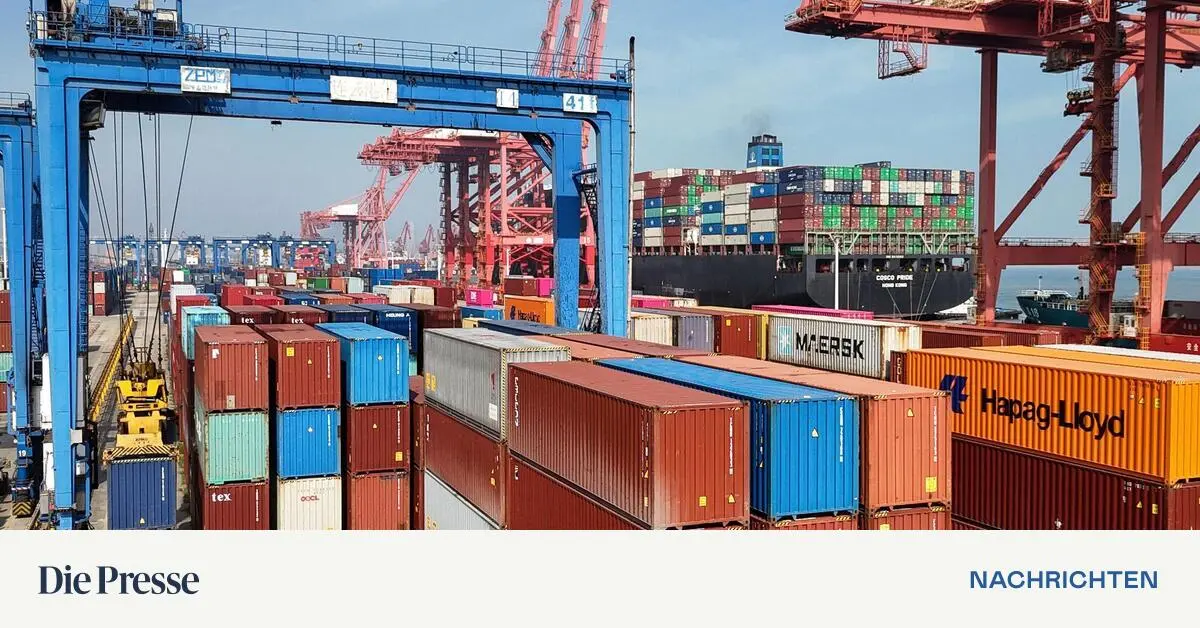70% of the companies surveyed want to move their production to their home country or to neighboring countries. The main reason given is the experience of birth asphyxia in recent years.
Companies from Europe and the USA are increasingly moving their production back home. This was stated in a study presented on Thursday by the consulting company Capgemini. 47% of the major companies included in the study have initiated investments in order to move their production to their home country or abroad; 72% of them had developed strategies for this purpose or were already implementing them.
The study continues that companies want to invest a total of US$3.4 trillion (€3.2 trillion) in building new production capabilities close to home over the next three years. More than half of this amount (two trillion US dollars) comes from Europe, including 673 billion dollars (633 billion euros) from Germany alone. For this study, Capgemini surveyed 1,300 executives from major companies in Europe and the USA in February.
Delivery bottlenecks are causing companies to rethink
Companies cited their experience with delivery bottlenecks in recent years as the main reason for relocating production facilities. 70% of managers surveyed cited their desire to better protect themselves from disruptions and delays in the supply chain as the most important factor. More recently, attacks by the Houthi militia on ships in the Red Sea have led to parts of Asia arriving late in Europe. Tesla's factory in Germany was forced to temporarily stop production due to this.
Government incentives and subsidies, which the United States in particular wants to use to attract investments, played a role in the opinion of 49% of those surveyed. Germany also recently agreed to provide high subsidies for new battery and chip factories. (APA/DPA)

“Total coffee aficionado. Travel buff. Music ninja. Bacon nerd. Beeraholic.”








More Stories
Wealthy families take more risks when it comes to money.
Salesforce and NVIDIA Form Strategic Collaboration to Drive AI Customer Innovation
Changing banks causes problems for customers